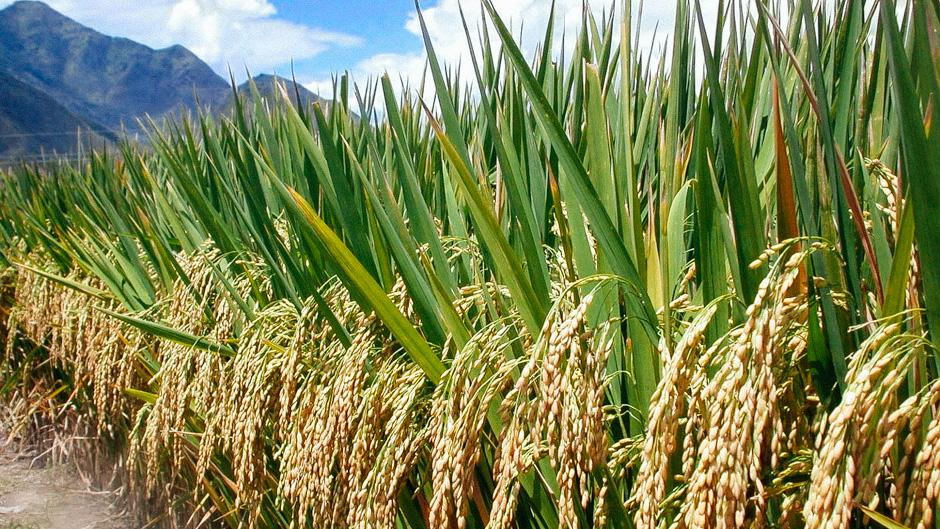
The Chinese experience
Abstract
Most registered farmers' cooperatives in China are de facto private enterprises; while many bring economic gains to farmers, they do not function as cooperatives. Among the small minority that started as authentic cooperatives, however, most struggled to provide economic benefits to members, unable to achieve economic sustainability. The failure of true farmers' cooperatives in China has been widely studied; the success of the few that did become economically sustainable, however, remains poorly understood. Using a sample of 70 farmers' cooperatives across the country and comparing three “extreme cases”—cooperatives that are both authentic and economically successful—with the rest, this study argues that participation in alternative agrifood systems is the key to their success. In the Chinese context, smallholders are deeply integrated into the conventional agrifood system and have gained technology and market access through the mediation of private enterprises and public institutions, leaving little space for cooperatives. Only in alternative agrifood systems, which prioritize product quality and authenticity and value closer relationships between producers and consumers, do cooperatives, as a unique governance institution based on trust, have advantages. Our case analysis shows how cooperatives brought smallholders economic gains and achieved economic sustainability through shifting to ecologically sustainable farming and building alternative distributive networks. This finding adds a new dimension to our understanding of the relationship between smallholder cooperatives and sustainable development: in capitalist agrifood systems, ecologically sustainable agrifood alternatives provide the basis for cooperatives' social and economic sustainability.

Add new comment